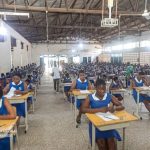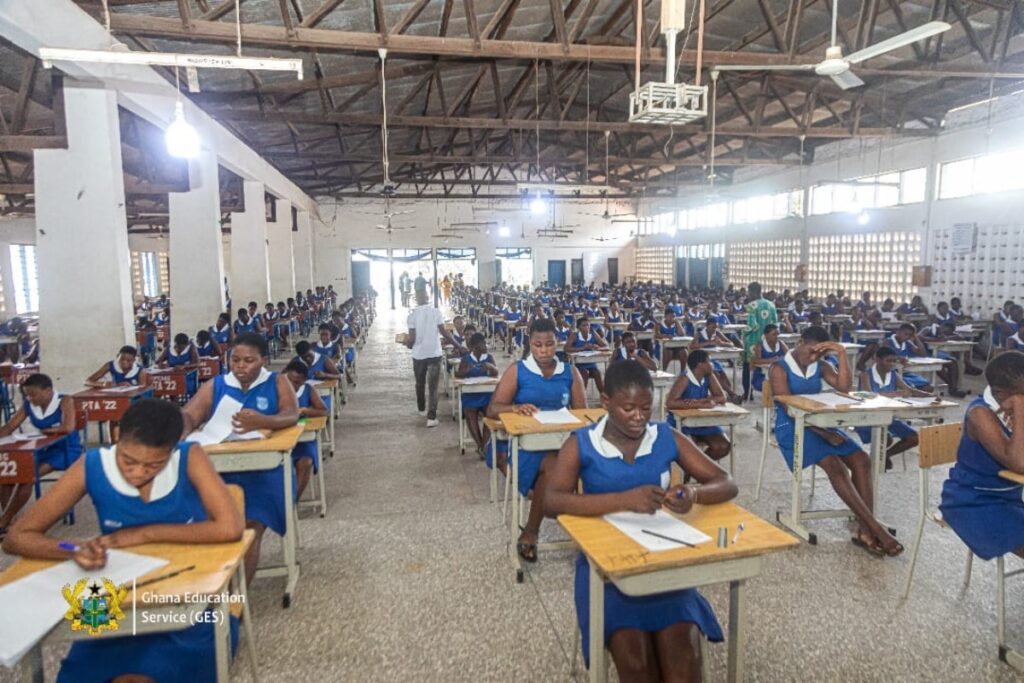According to the information that is now available to passcogh.com, Vice President Bawumia’s declaration that the government would provide every Free SHS student with a laptop has been changed. The pupils will receive tablets rather than laptops as promised in the revised statement.
This action is consistent with Ghana’s attempts to digitize education. The tablets will be used by students in public senior high schools around the country and will have textbooks, other necessary literature, and software put on them.
The Ministry of Education is where the fresh information came from.
The government’s decision to fund such a project at a time when basic schools lack adequate resources has been criticized by Ghanaians.
In response to a report by AcademicWeek.com, “the source said his research indicates that prospective students in government Senior High Schools will be provided with free tablets and not laptops, as reported by the media.”
Following the vice president’s declaration, which was received with varied reactions, the electronic devices’ switch from laptops to tablets was adjusted.
Students in all public second-cycle schools will receive the free tablets.
The first statement was made by Dr. Bawumia as he was speaking to a visitor at the Great Hall and ISSER Conference Centre at the 74th Annual New Year and School Conference.
According to Dr. Bawumia, the government is on track to give the tablets to every student enrolled in a free senior high school.
However, he stated in his speech at the Hohoe Evangelical Presbyterian Senior High School’s 60th anniversary celebration that textbooks and other teaching and learning resources will be installed on laptops that would be provided to SHS students.
Africa Education Watch (EduWatch) reports that the Nana Akufo-led administration may spend more than GHC1.3 billion on tablets to replace printed textbooks in secondary education.
Mr. Kofi Asare, Executive Director of EduWatch, wrote on Facebook that the central government is likely to pay even more than the predicted sum because there are over 1.3 million students enrolled in different government second-cycle colleges.
In Senior High Schools (SHS), there are more than 1.3 million students, according to the director of a think tank for education. A 128 GB tablet often costs GHC 1,000 or less at wholesale. If maintenance costs are not included, the government could spend up to GHC 1.3 billion on tablet computers for SHS students.
Kofi Asare, the director, underlines that while tablets (e-textbooks) are thought of as important learning instruments that introduce pupils to ICT culture, they cannot entirely replace traditional textbooks used at the secondary level. He recommends that the tablets be viewed as an addition to traditional textbooks.
Due of their dependability and ongoing availability, printed textbooks are still used alongside tablets in even developed nations like the US, UK, and South Africa. The Director emphasizes that this proof was offered up for discussion.
The Executive Director of Africa Education Watch requests that the Ministry of Education, which is under the government’s control, reconsider its plan to make significant investments in tablets and laptops (sometimes known as “e-books”) with the expectation that they will totally replace printed textbooks.
The proposed multi-billion dollar project would be unproductive financially because there are currently enough paper textbooks available in senior high schools, according to the director, who also proposes that printed textbooks should still be purchased.










